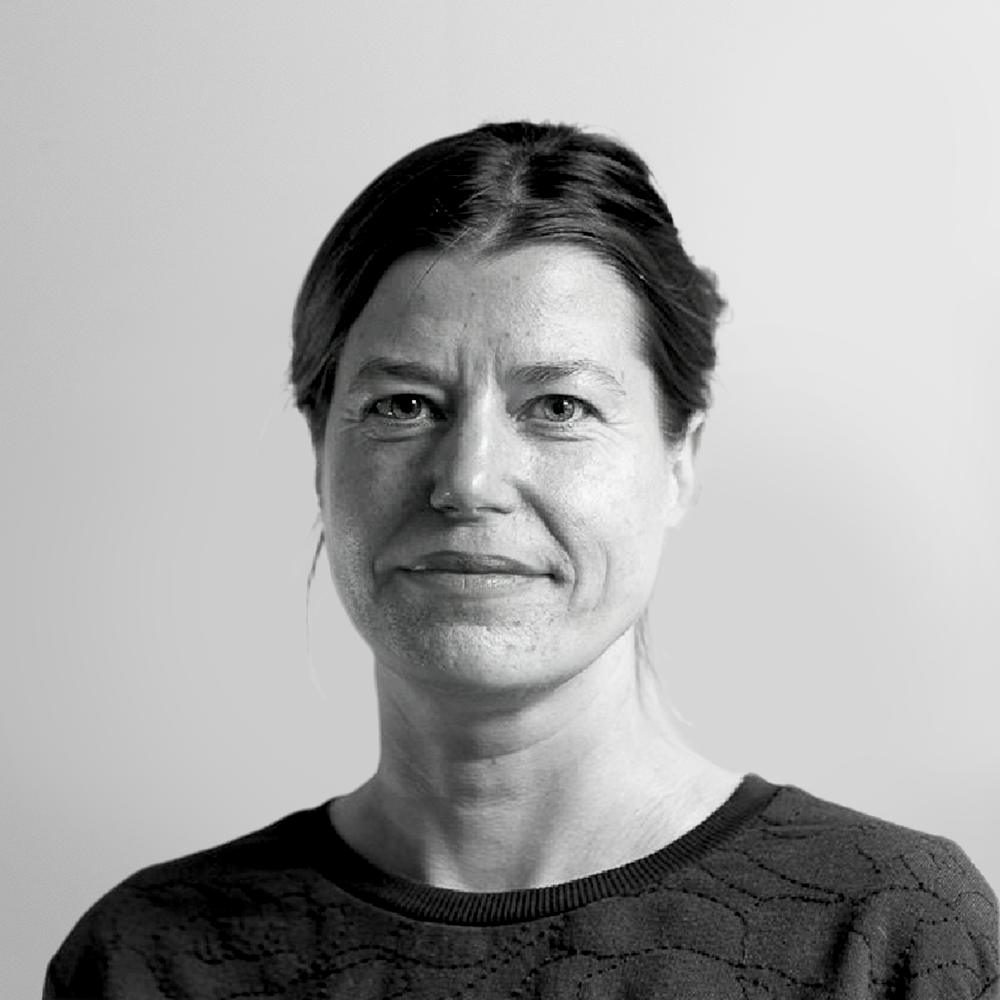Surge in bowel cancer among under-50s. Can future-self continuity intervene?
A new study published in The Lancet Oncology reveals a 79% rise in bowel cancer diagnoses among adults under 50 between 1990 and 2019. Rates climbed in 27 of 50 countries, with England experiencing one of the sharpest annual increases (3.6%), alongside New Zealand, Chile and Puerto Rico. Researchers attribute the surge to modern lifestyle factors such as junk food consumption, physical inactivity and obesity.
📈 Bowel cancer is now the third most diagnosed cancer globally and the second leading cause of cancer deaths, claiming 1.9 million lives in 2022. At the same time, deaths among younger adults surged by 28%, amplifying the urgent need for earlier screenings, public health initiatives and symptom awareness (rectal bleeding, abdominal pain, unexplained weight loss).
🪞 MIRROR MIRROR to the rescue
Health crises like this demand tools that make the future tangible and inspire immediate action. MIRROR MIRROR, one of the trends in our 2025 Trend Report, spotlights the opportunity for brands — in and outside the healthcare industry — to empower people with AI-powered tools and future-planning simulators that translate health risks into actionable, personal futures.
Two examples:
🕰️ AI-powered simulators: Death Clock projects life expectancy, identifies leading causes of death and delivers personalized recommendations based on over 1,200 scientific studies.
👵 Tech-powered awareness: CoppaFeel! harnessed TikTok's viral aging filters in its ‘Changing the Face of Breast Cancer’ campaign to challenge the misconception that breast cancer only impacts older women.
🩺 The bottom line? Early intervention becomes powerful when consumers can see and shape their (health) outcomes. In a chaotic, uncertain world, clarity is everything — and AI-driven mirroring provides just that. After all, acting on the future is easier when you can see your reflection today.




